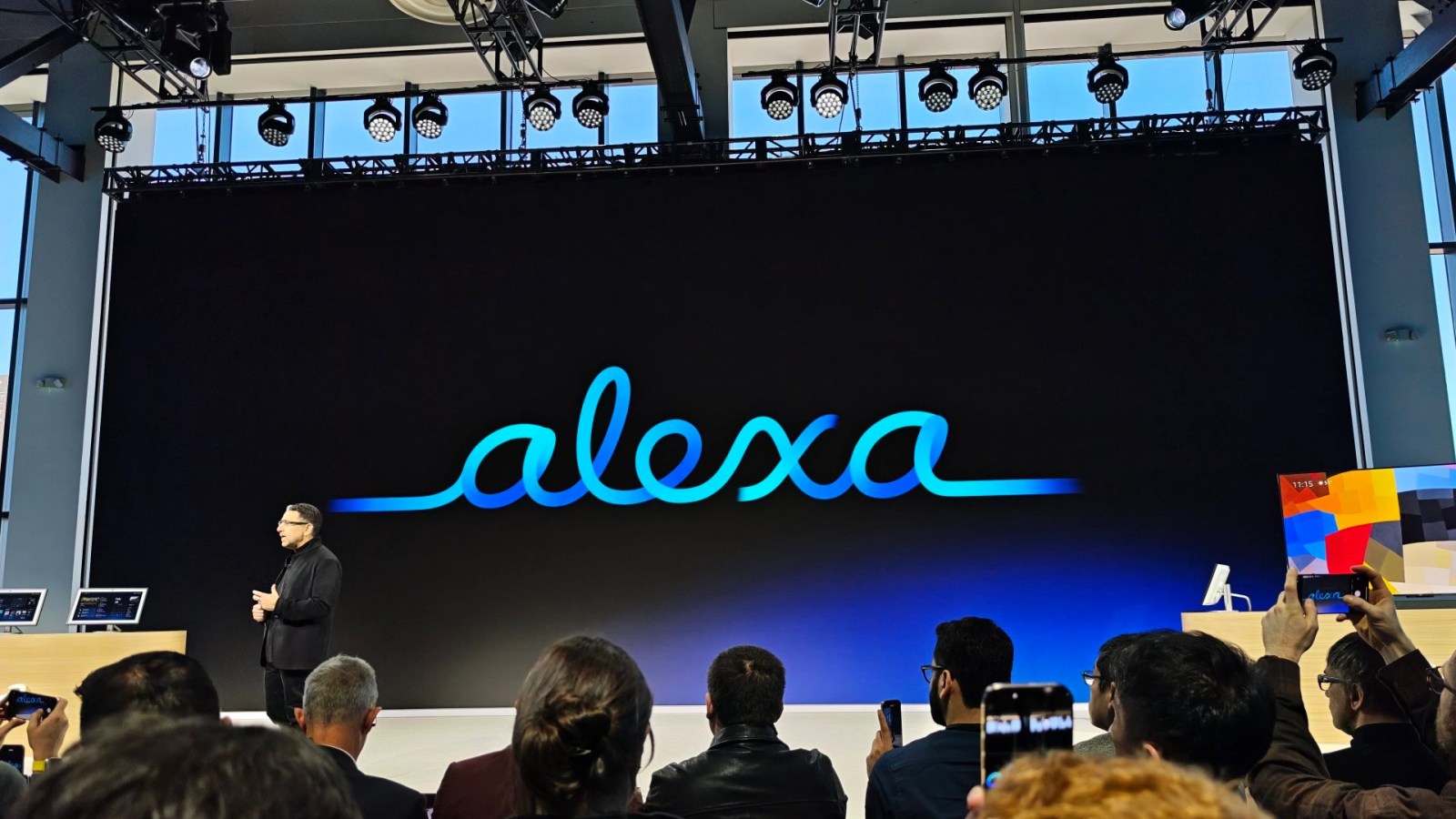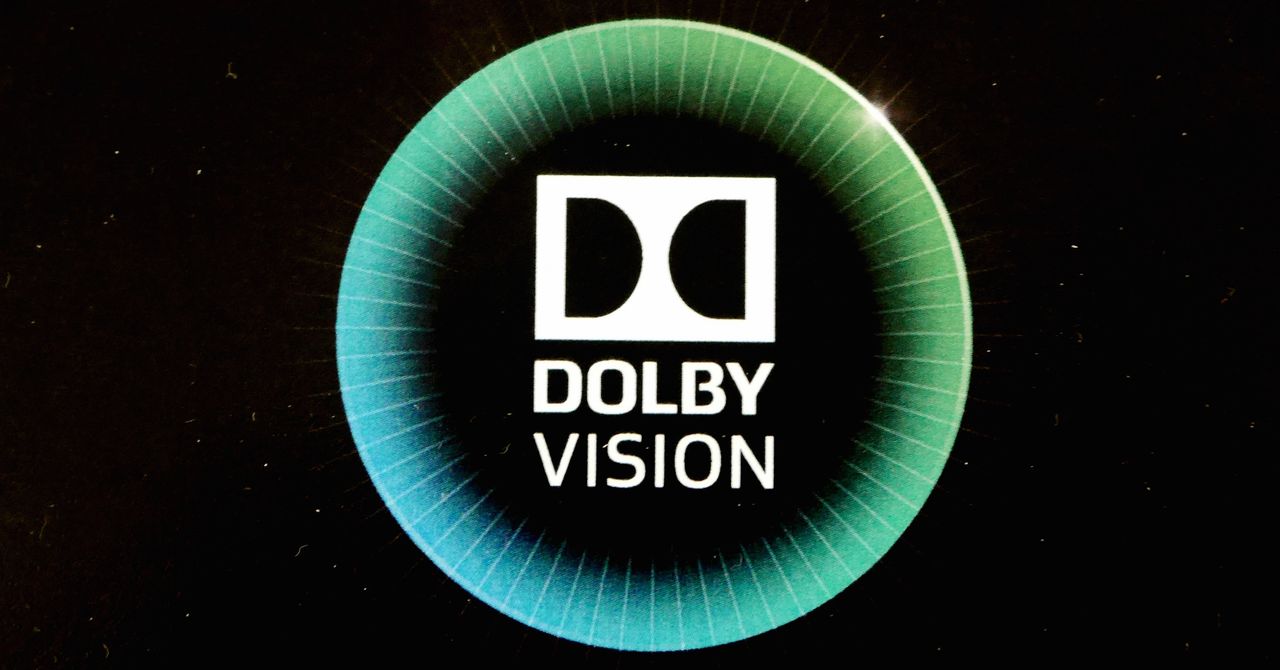
Levi’s teamed up with Google to develop a “commuter jacket”. What is a commuter jacket you ask? Very good question. The goal of the jacket is to be like any other wearable, and essentially make life easier for the person wearing the jacket. But how does this differ from a smart watch? Is it simply providing you with an alternative reason for wearing it? The jacket itself is connected to a bluetooth device. From this, the wearer is able to find out the time and advance or pause music. Are those enough features to warrant this type of purchase?
The jacket itself has been around for at least a year now, but it seems to be making some waves in the media. But, is it any better than say, a smart watch? I purchased an Apple Watch sometime before Christmas. But I wasn’t convinced that it was going to benefit me, or that I even needed it. I was simply wanting to replace an old Fitbit, but I’m finding it invaluable. And I’m not sure what I would do without it now. Is the smart jacket the next big wearable?
https://www.youtube.com/watch?v=yJ-lcdMfziw
What other wearables exist? Google tried the Google Glass, but discontinued it in 2015. Garmin made the Varia Vision, and Oakley the Radar Pace, or the Smart Rope pictured below, but none of these seem to be as popular as a watch. My theory is that a watch is more discreet. Having a pair of “smart” glasses can make it obvious that you’re wearing a smart device. Even if they are just designed for working out. So besides what has been mentioned in this post, am I missing anything? The answer is likely as the market seems to be booming. But what makes the watch still the “go to” wearable?
A Fortune article showcases an array of smart devices out there, but I’m still not convinced that these will become the next big thing. The Fortune article showcases: a device that goes in your ear (think hearing aid size) that allows you to change the volume of the world around you. The example that they provide is to be able to turn the bass volume down at a concert. What’s its status? Still looking for funding on Kickstarter.
Also listed in the Fortune article are the SpeedForm Gemini 2 RE. A “smart” shoe that allows you to track your exercises. Similar to other fitness trackers, but you don’t have to take your phone with you when you go for a run. Which is an interesting concept as I know my workout pants don’t have very good pockets.
Lastly, the article showcases a belt that helps you to be more active. If you’ve been stationary for too long, the belt will let you know it’s time to keep moving. In my opinion, many of these devices have only one purpose behind them. Don’t get me wrong, I think the idea behind them is great, but I’m wondering if anyone would buy a wearable for a singular purpose? Which was me a few years ago as I wanted a Fitbit to help me to track my exercise. However with the purchase of my Apple Watch, I wonder why I was ever on such a singular path to begin with.
I wonder also, if this is the question that consumers are going to ask? Does the commuter jacket do something for me that a smart watch doesn’t? In the video, it looks like it communicates to the bike rider where to turn. And maybe it is only just for commuting (hence the name). But if I’m driving, and using Apple Maps, my watch tells me where to turn with my GPS on. Yes, it interrupts my music, but it feels the same to me. Again, maybe I’m out of the wearable loop, but for the most part the market seems to be moving towards having everything in a smart watch. When I Googled “wearable”, most of the websites were referencing smart watches. Some touched on fitness trackers, but I really had to dig to find some of these others. As always, I think that we are moving in an interesting direction with technology. And maybe the commuter jacket isn’t my preference for the next wearable, I do think it will spark more discussion and technological advancements to get us to an even more exciting place.



